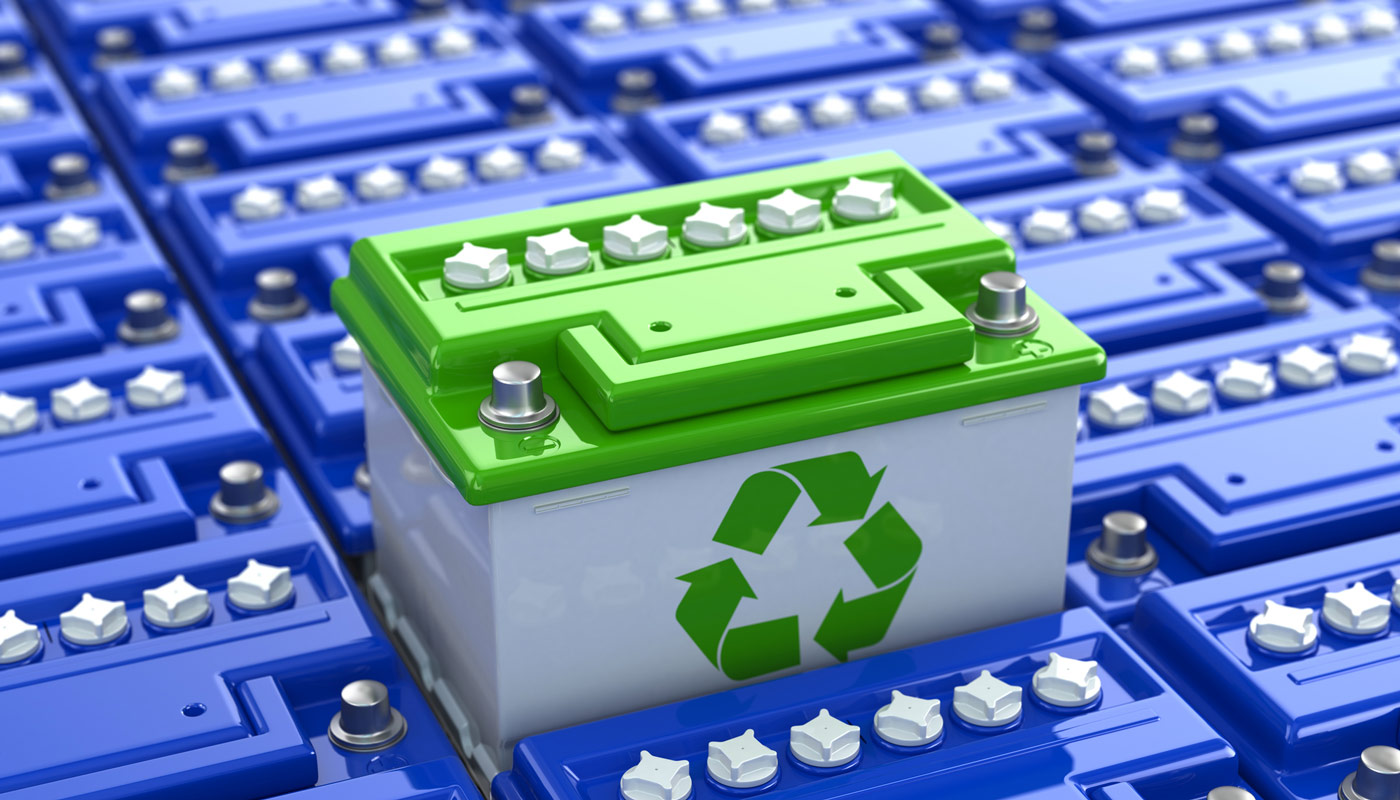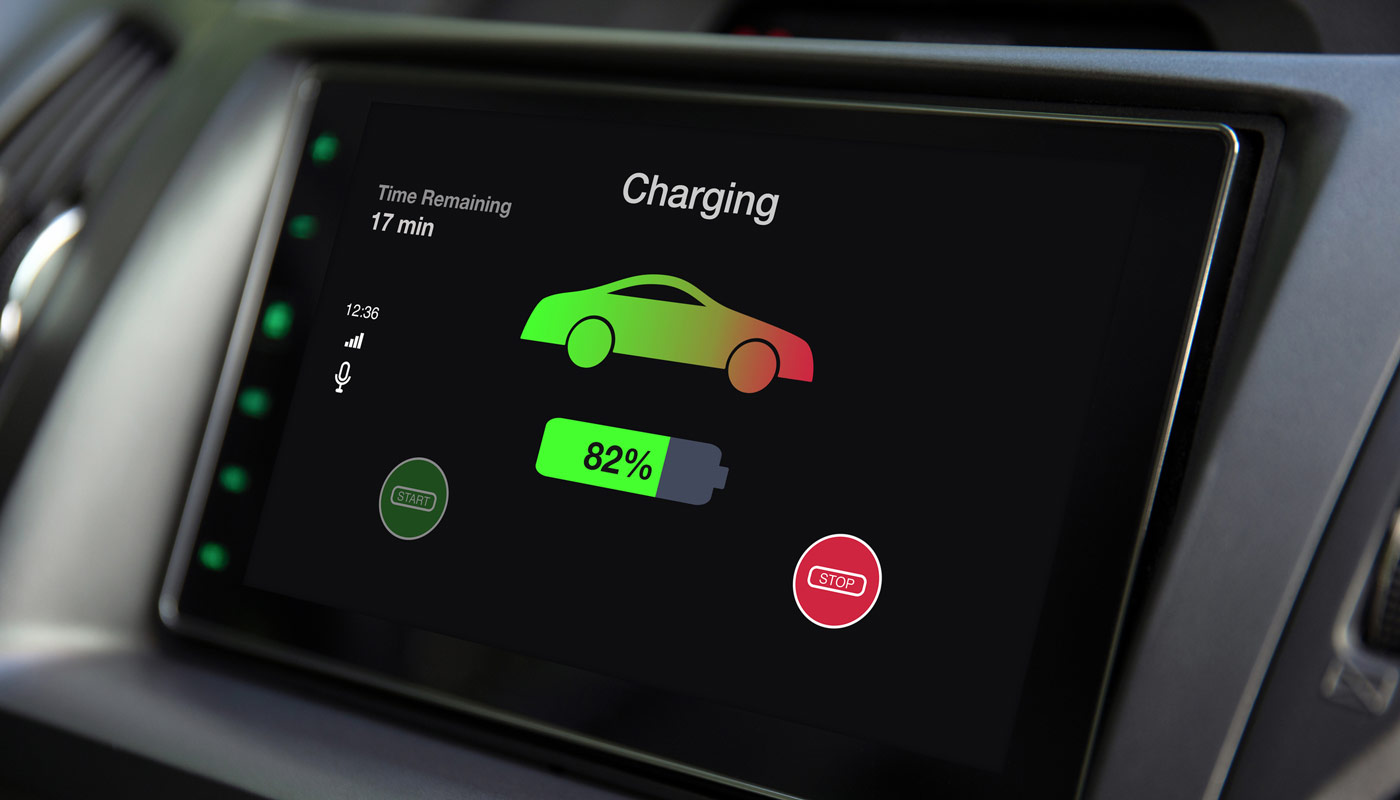Car Battery Recycling: Encouraging a Sustainable Auto Industry
AAA is driving change through battery recycling services.
 Getty
Getty
Did you know that automotive batteries are the number one recycled consumer product in North America? According to Battery Council International, lead batteries are the most recycled consumer product, with a 99% recycling rate. More than 160 million lead batteries are recycled each year in the United States. However, every year, almost 1 million batteries go unrecycled. Batteries that are not recycled can leach large amounts of lead and sulfuric acid into the environment creating, health, safety and fire hazards.
 AAA
AAA
At AAA, we are committed to promoting responsible battery recycling and encouraging a more sustainable automotive industry for the benefit of our planet and future generations. We understand the crucial role that car batteries play in keeping us moving on the road. Taking responsibility for our actions and actively promoting sustainability for the betterment of our environment and society is a key goal of AAA – The Auto Club Group. AAA is driving change through its Car Care and Approved Auto Repair, Mobile Battery Service operations, which to date has recycled 30 million automotive batteries.
Get information on the unexpected reasons your car battery may be dead.
Learn More Getty
Getty
Vehicles with internal combustion engines aren’t the only ones equipped with a lead battery; almost every hybrid and fully electric vehicle requires one to power driving functions. With so many batteries in the marketplace, it’s key to reducing the environmental impact of improperly disposed of car batteries.
Recycling car batteries not only helps protect our planet, but also provides numerous economic benefits. By recovering valuable materials from used batteries, we can create employment opportunities and boost economic growth. Additionally, recycling conserves energy and reduces greenhouse gas emissions compared to manufacturing new batteries from raw materials.
When it comes to replacing your car battery, AAA can help you AND recycle that old battery for you.
Know When to Replace Your BatteryWe also recognize the importance of sensible government regulations and policies in promoting responsible battery disposal. That's why we support legislation that mandates proper recycling methods and incentivizes manufacturers and consumers to participate in recycling programs. We also advocate for initiatives like Extended Producer Responsibility (EPR) programs, which hold manufacturers accountable for the end-of-life management of their products.
At AAA, we are dedicated to staying at the forefront of technological advancements in battery recycling. We support and collaborate with automakers, battery manufacturers, and recyclers to improve recycling processes and develop innovative solutions for sustainable waste management. By working together toward a common goal, we can make significant strides in promoting environmental health and sustainability.

We believe that education is crucial to driving positive behavioral change. That's why we are committed to raising public awareness about the importance of recycling car batteries and its impact on our environment. AAA supports legislation that encourages drivers and industries to minimize the impact of vehicles on the environment. Through recycling campaigns and convenient collection points, we work to make it easier for individuals to participate in recycling programs and contribute to a more sustainable future.
But we can't do it alone. Collaboration is key to optimizing the battery recycling ecosystem, and that's why we work closely with stakeholders, such as automakers, battery manufacturers, recyclers and policymakers to streamline collection and recycling processes. Together, we can improve resource recovery rates and develop innovative solutions to address emerging challenges in battery recycling.
Recycling car batteries plays an important role in sustainable waste management and environmental stewardship. With the support and cooperation of all stakeholders, we can make significant strides towards a greener tomorrow.